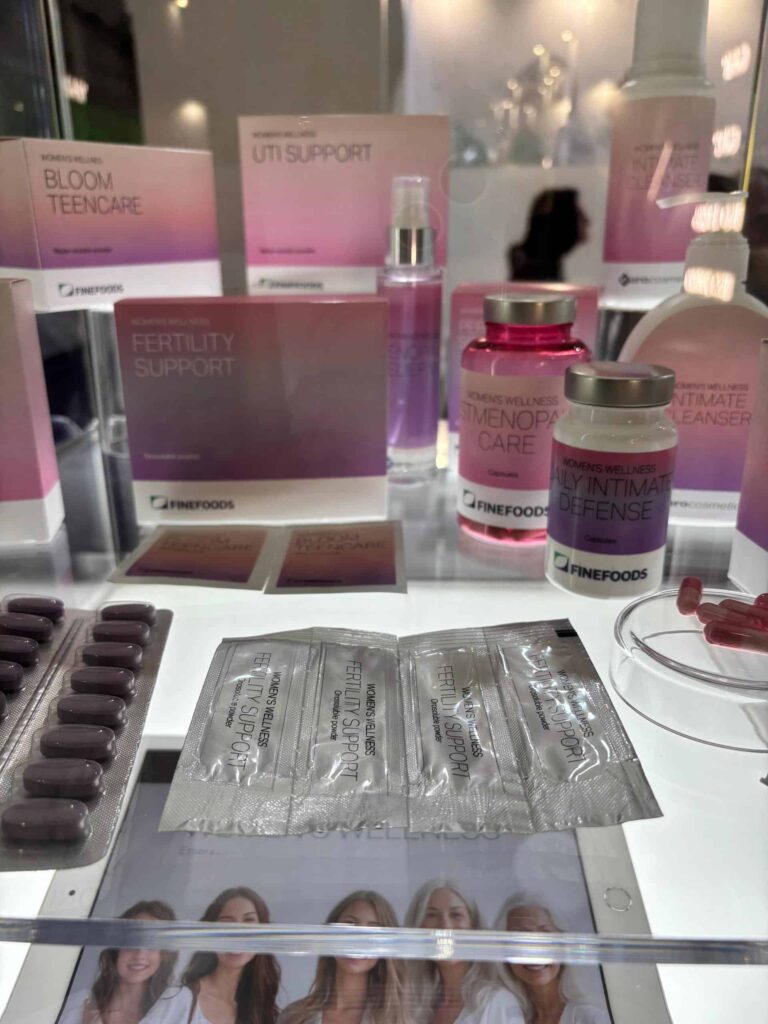Double-blinded randomized clinical trial aimed to assess the impact of selenium supplementation on oxidative stress, clinical symptoms, and quality of life in patients with migraine.
Seventy-two participants were randomly assigned to receive either 200 μg/day of selenium or a placebo for 12 weeks. Results showed that selenium supplementation led to significant reductions in nitric oxide (NO) levels and malondialdehyde (MDA) levels, along with increased total antioxidant capacity (TAC) compared to the placebo group.
Additionally, selenium intake was associated with lower headache frequency and severity and improved quality of life, as measured by the Headache Impact Test-6 (HIT-6). However, no significant effects were observed on headache duration, psychological disorders, blood pressure, or anthropometric indices. Overall, selenium supplementation may be considered a complementary therapy for migraine due to its beneficial effects on oxidative stress and migraine symptoms, although further research is needed to confirm these findings.
Balali, Arghavan and Sadeghi, Omid and Khorvash, Fariborz and Rouhani, Mohammad Hossein and Askari, Gholamreza: The effect of selenium supplementation on oxidative stress, clinical and physiological symptoms in patients with migraine: a double-blinded randomized clinical trial;Frontiers in Nutrition, Volume 11. 2024. DOI={10.3389/fnut.2024.1369373 https://www.frontiersin.org/articles/10.3389/fnut.2024.1369373




